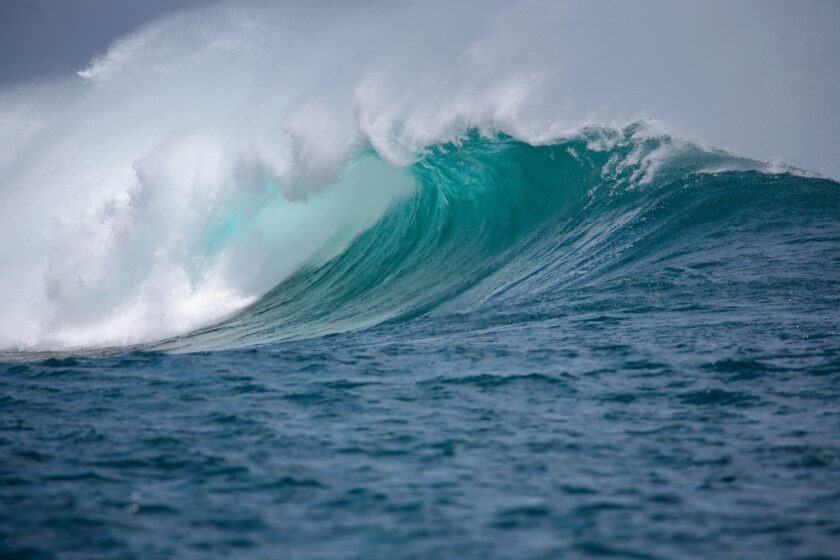
Starting in January 2026, new measures under the High Seas Treaty will come into effect, marking a crucial step in the protection of marine biodiversity beyond national jurisdictions. With 60 countries ratifying the treaty, the threshold for its entry into force has been reached after more than a decade of international negotiations. However, Italy is notably absent among the signatories, raising concerns and criticism from environmental organizations.
A Historic Agreement for Marine Biodiversity
The treaty aims to safeguard nearly two-thirds of the world’s oceans, areas that have so far lacked effective regulation. European Commission President Ursula von der Leyen called the agreement a “historic milestone for our planet,” emphasizing the importance of multilateral cooperation and the EU’s commitment to a swift and ambitious implementation.
Italy Missing: Greenpeace’s Criticism
Despite repeated pledges, Italy has yet to initiate the ratification process. Greenpeace Italy denounces the fact that the country has not signed any international marine protection agreement in nearly a decade. Valentina Di Miccoli, head of the Sea campaign, is calling for clarity on the government’s true intentions regarding the protection of marine ecosystems.
“We wonder what the real intentions of our government are regarding marine biodiversity protection, as we have seen no encouraging signs so far,” says Di Miccoli.
Protection Still Far From Adequate
Currently, only 0.9% of the world’s oceans are effectively protected. In Italy, that figure drops dramatically to just 0.04%. To address this gap, Greenpeace launched the ‘AMPower’ project in collaboration with the Blue Marine Foundation, aiming to expand Italy’s Marine Protected Areas (MPAs) and help achieve the EU’s goal of protecting 30% of marine areas by 2030.
Toward the First Ocean COP
The treaty will enable the creation of new marine reserves, which are key to mitigating the impacts of the climate crisis and ensuring food security for billions of people who rely on ocean resources. Greenpeace is urging all countries that have not yet done so—including Italy—to ratify the treaty without delay, ahead of the first UN Ocean Conference of the Parties, scheduled for next year. Countries that fail to ratify will be excluded from the negotiations.
“The era of exploitation and destruction must end,” Di Miccoli concludes. “Our oceans cannot wait.”